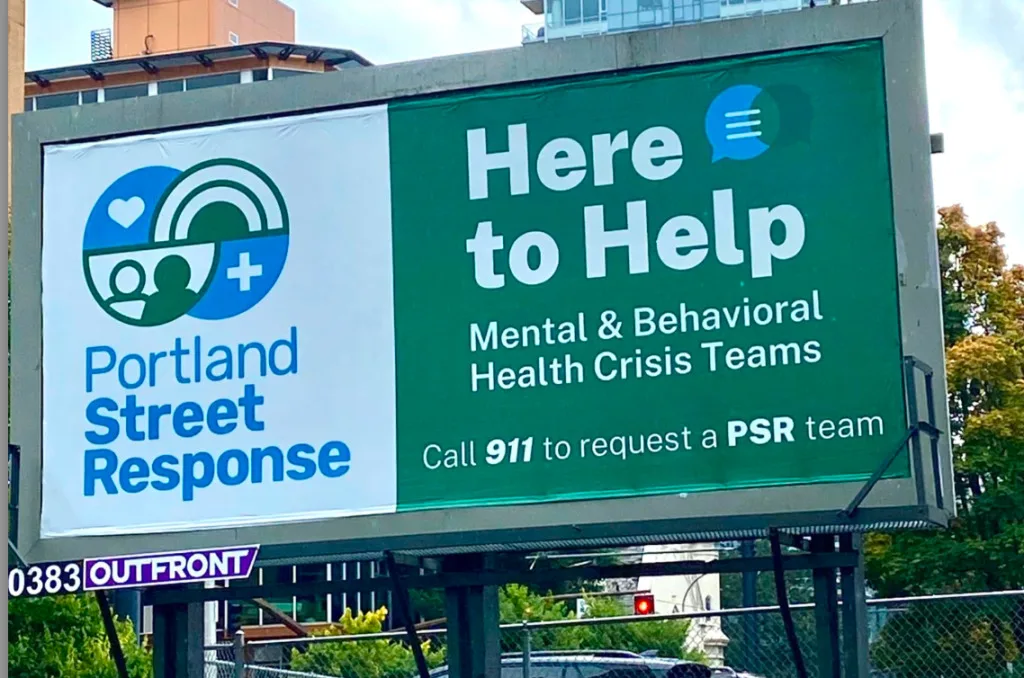
More in Alternatives
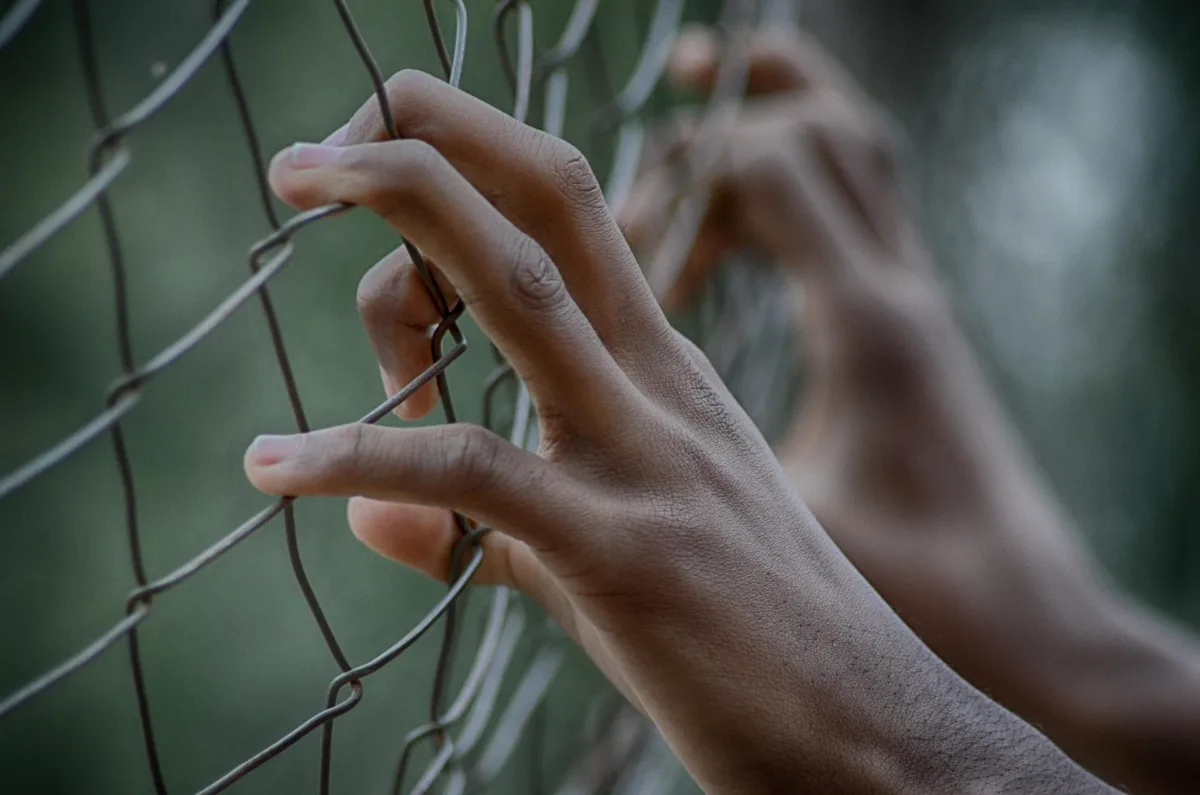
Imprisoned People Can Do More than ‘Scare’ Kids ‘Straight’
“Scared straight” programs don’t work. But that doesn’t mean incarcerated people shouldn’t mentor at-risk kids.
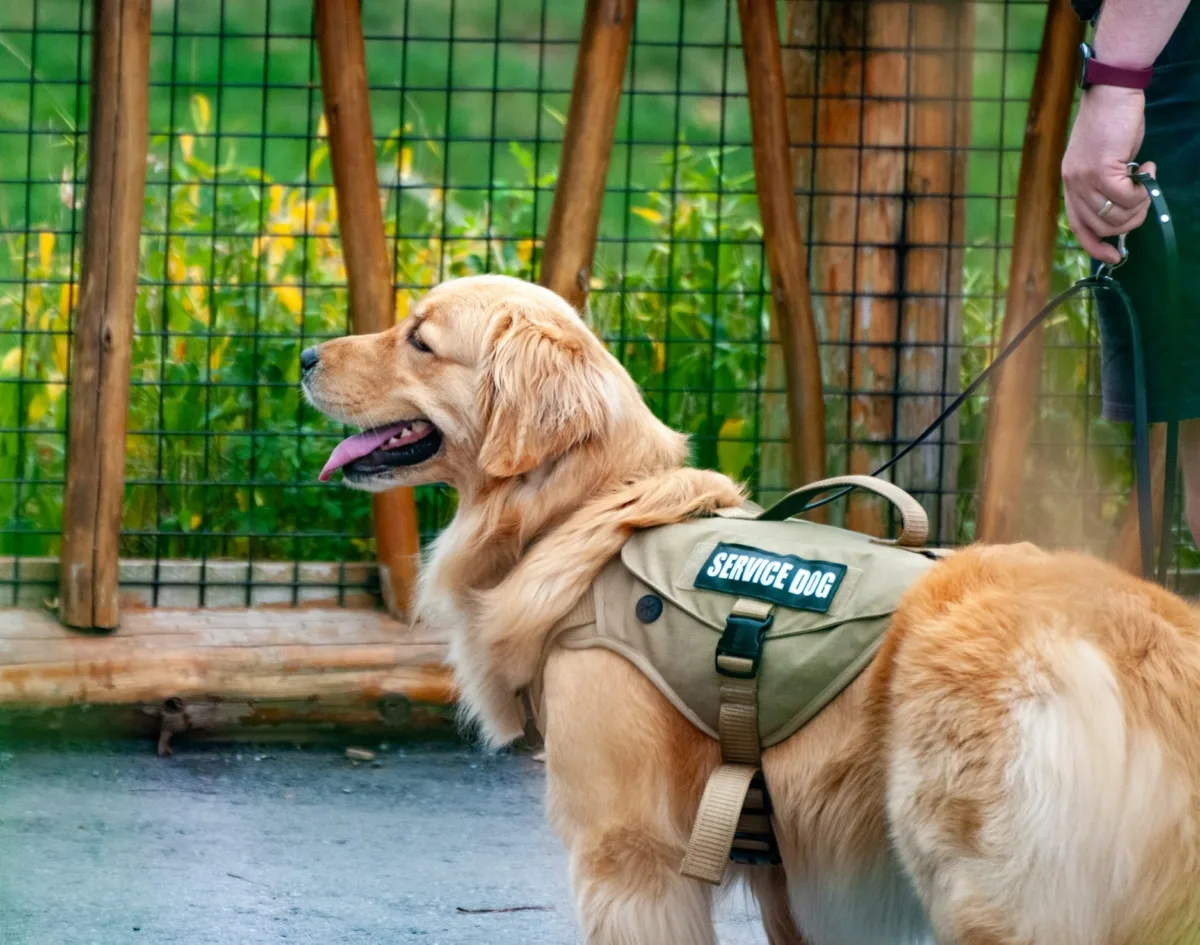
How Prison Dog-Training Programs Transform Lives
“We are not just training dogs — we are training ourselves to be better humans.”
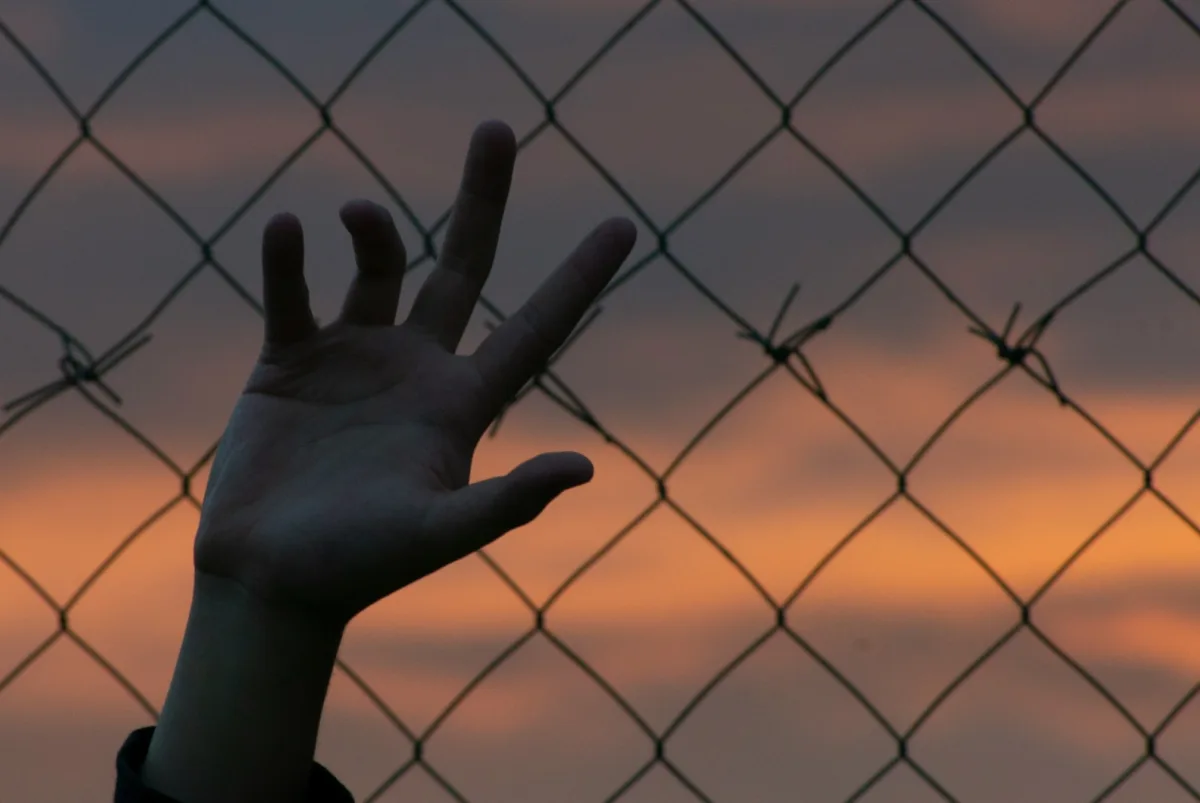
Prisoners Like Me Have a Responsibility to Mentor At-Risk Kids
In prison, I’ve done work to come to terms with the pain I’ve both felt and caused. Hopefully, my story—and others like it—can deter younger children from making the same mistakes.
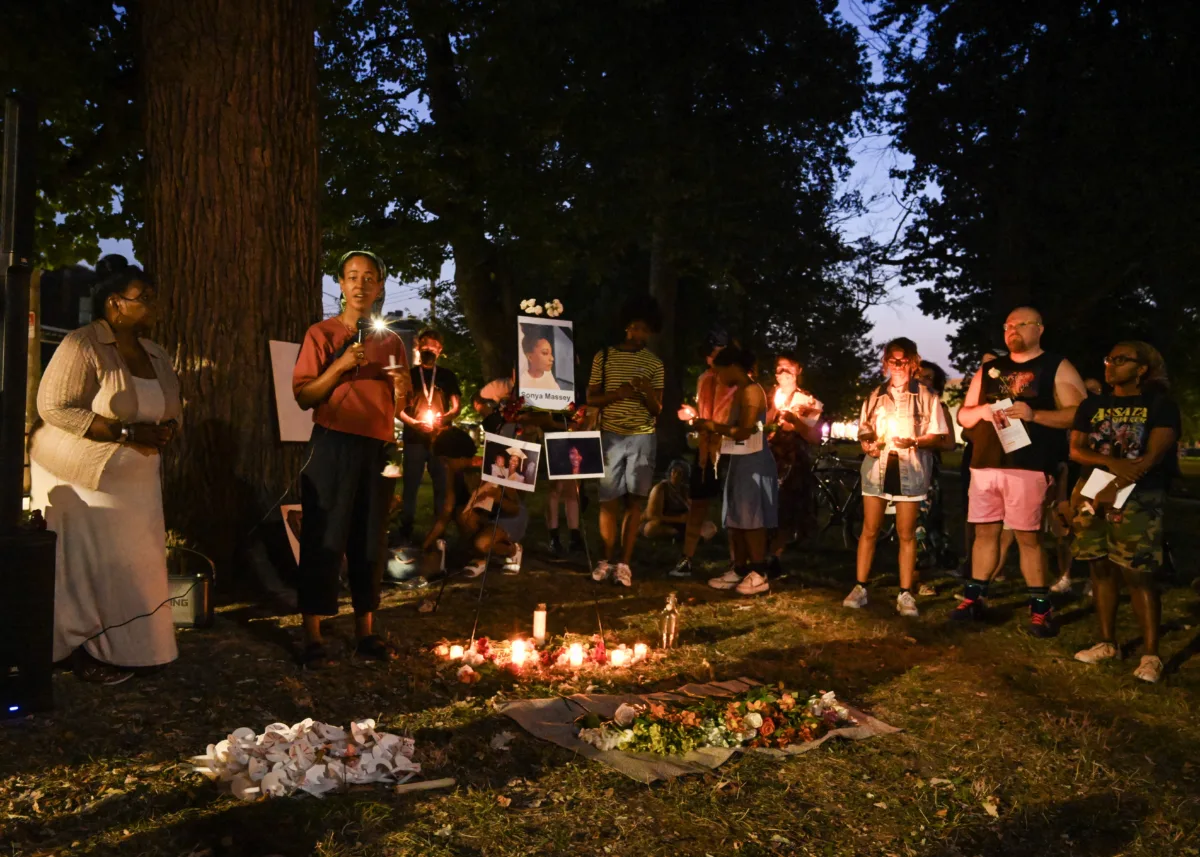
Police Often Use Force on Black People in Response to 911 Mental Health Calls
Media focus on killings obscures many cases of non-fatal force, MindSite News-Medill investigation shows.
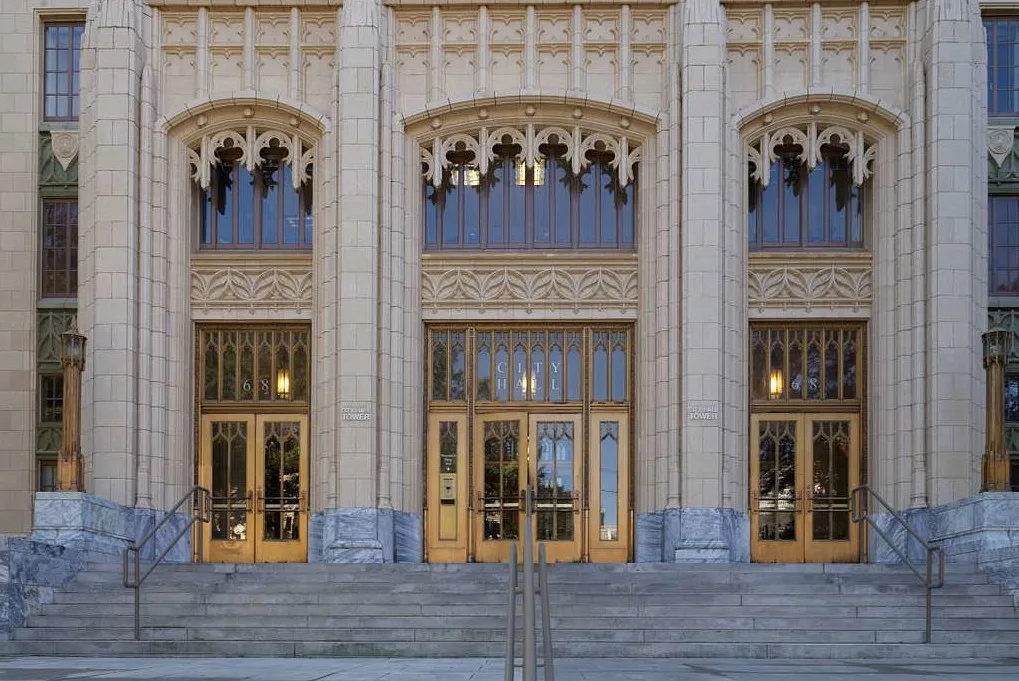
Atlanta Officials May Have Broken the Law in Fight Over Diversion Program
Policing Alternatives & Diversion Initiative is still waiting on Mayor Andre Dickens to approve the organization’s contract.
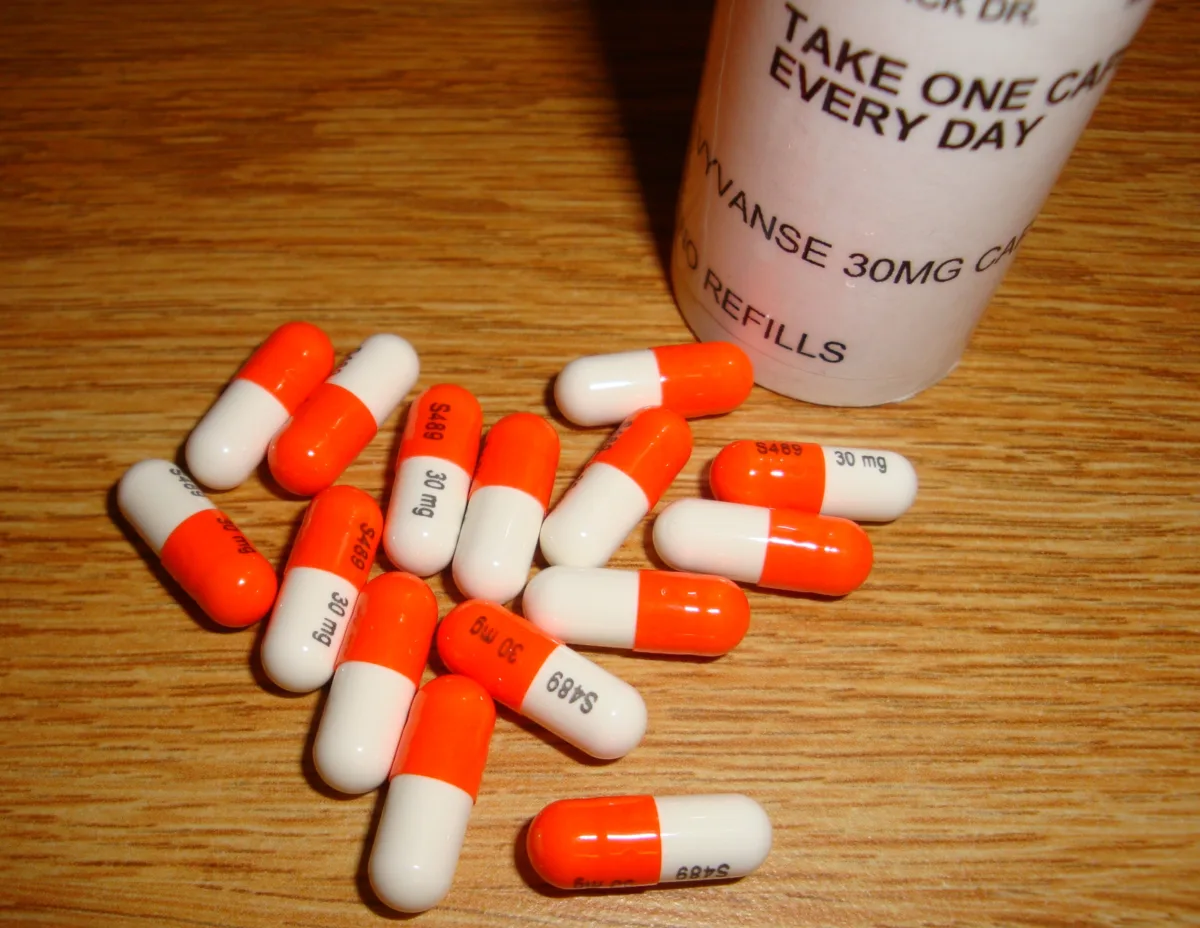
Thousands of People in Prison Have ADHD. Why Aren’t They Receiving Treatment?
As many as half of all prisoners have ADHD. Research suggests treatment can help reduce recidivism and ease the reentry process.

After Secret Replacement Process Ends, Atlanta Diversion Program’s Future Is Still Unclear
Advocates say Atlanta mayor is trying to sabotage the city’s contract with a diversion services provider—and the City Council is letting him.
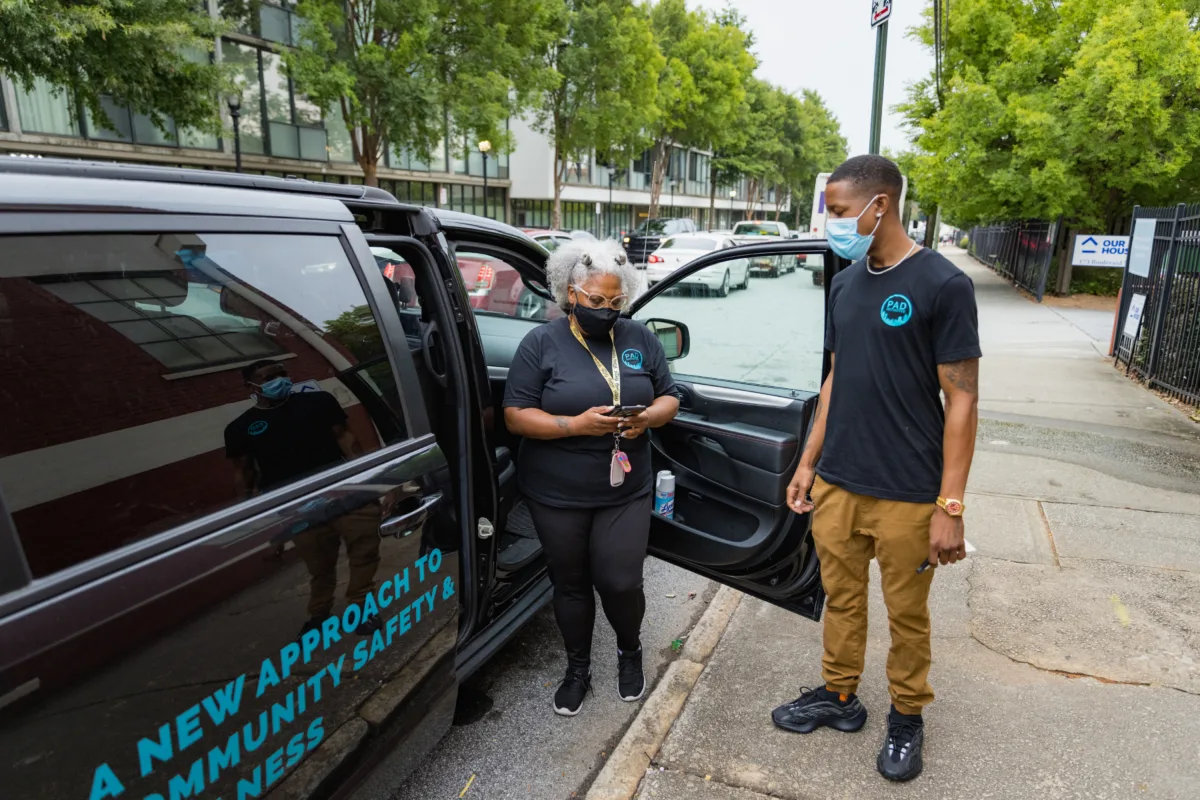
Atlanta Mayor Tries to Secretly Replace Popular Diversion Program
Mayor Andre Dickens’s office initiated a secret bidding process for community responders—that left out the current beloved program.
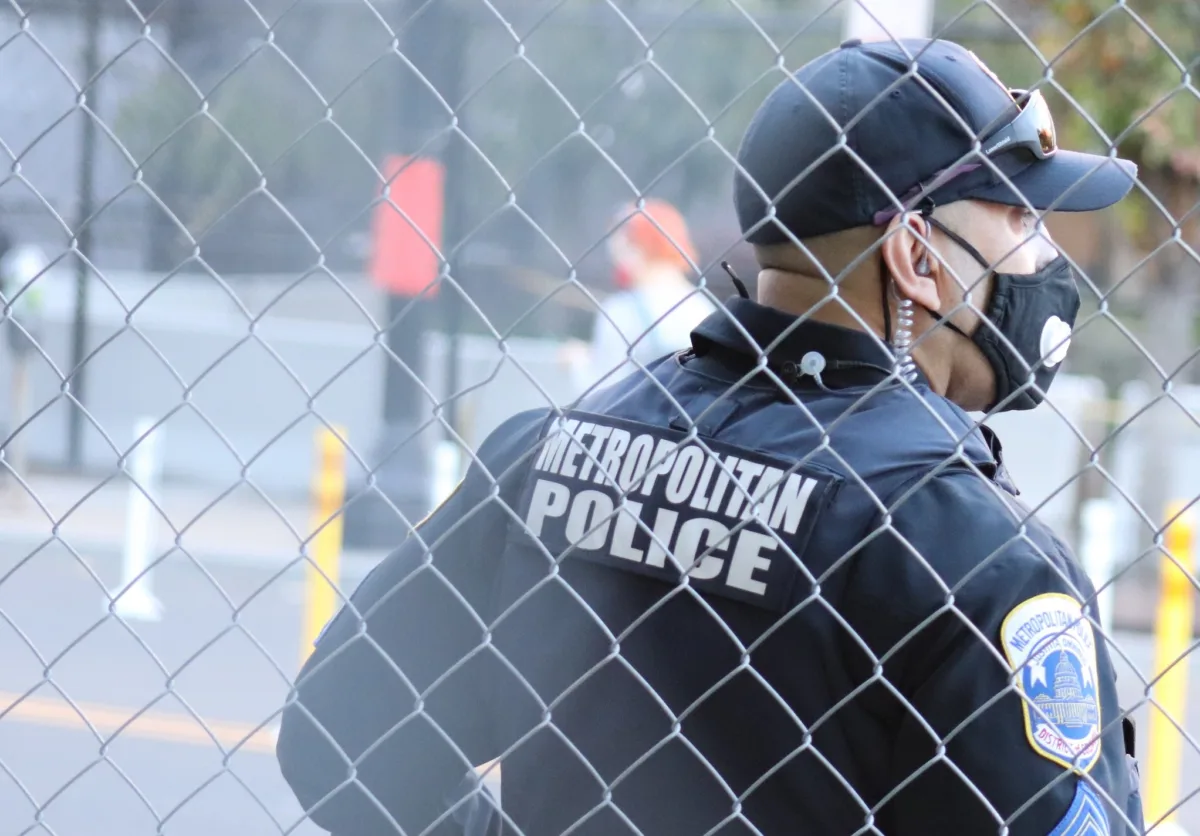
Calls to Defund Violence Interruption in D.C. Are Misguided
Violence interrupters work. But D.C.’s police union is trying to capitalize on a scandal to eliminate them.
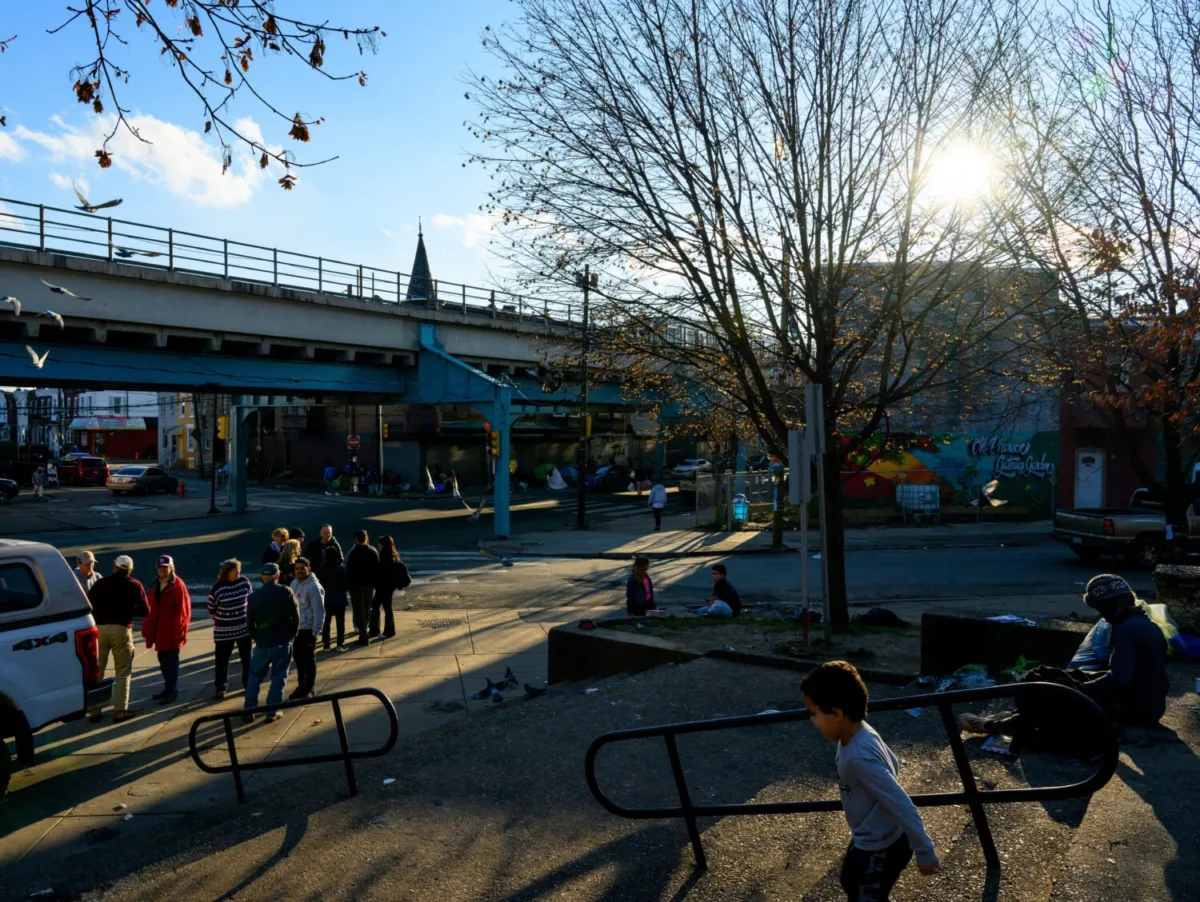
How a Philly Pastor Helps Crime Victims and Perpetrators
The Reverend Christobal Kimmenez has joined others in calling for greater services for survivors of crime and the formerly incarcerated, including restorative justice.
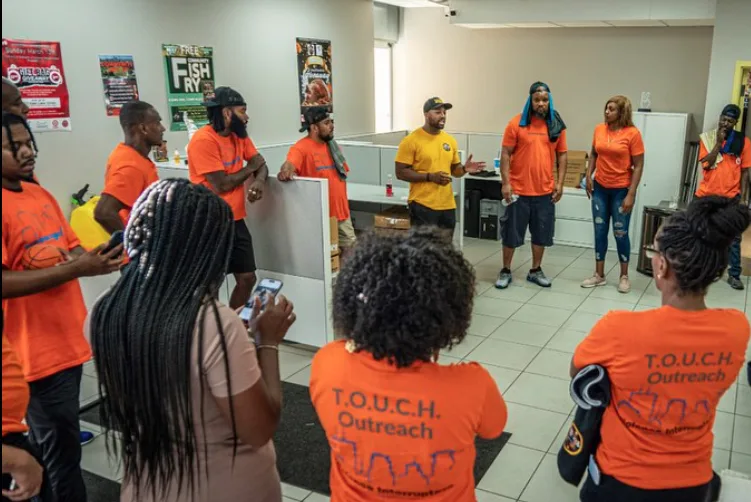
Cities Are Undermining Promising Violence Intervention Programs
Inconsistent funding and commitments, poor organization, and political pressure have hamstrung the work of community violence intervention groups across the U.S.

D.C. Can’t Dismiss Lawsuit Over Police Response to Mental Health Crises
Attorneys say the district’s practice of sending armed police officers to mental health emergencies violates the Americans With Disabilities Act.
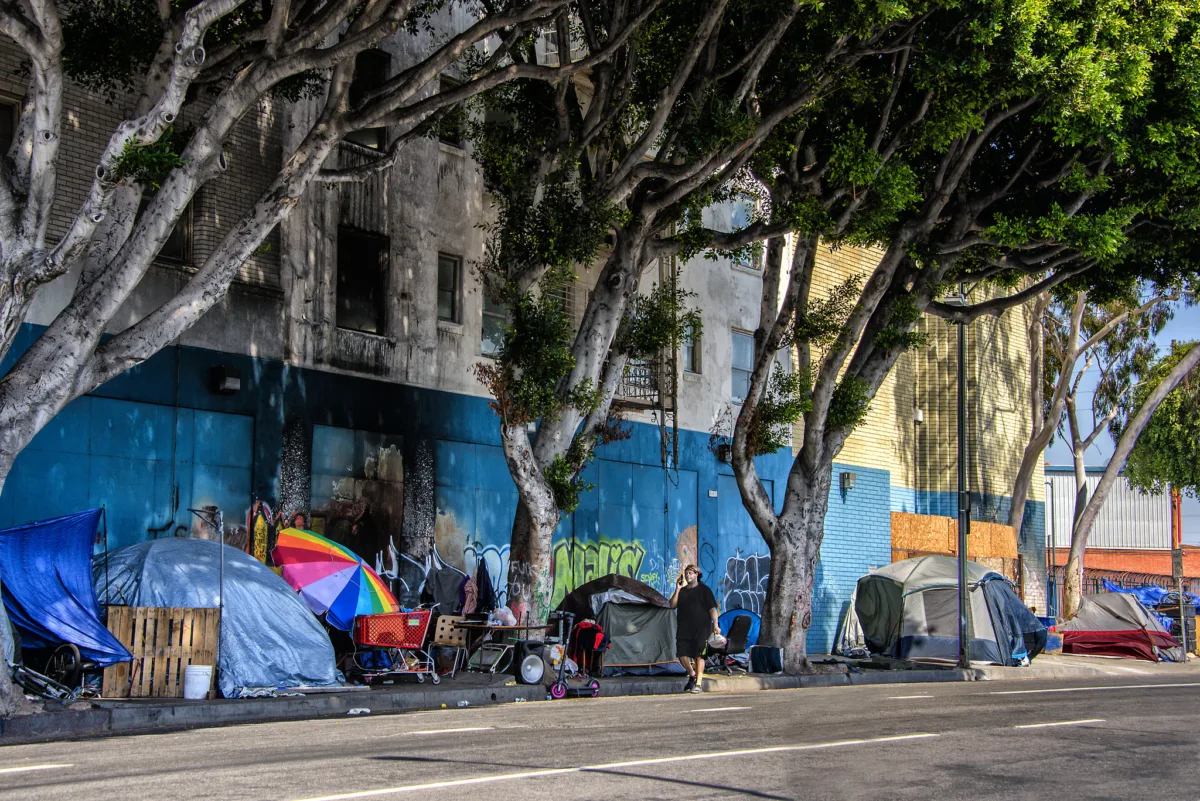
Police Can’t House Californians. Cash Can.
When we see police sweeping a homeless encampment, we must ask: How much did this cost? And what difference could that money have made if it went instead to housing—or, better yet, the people themselves?
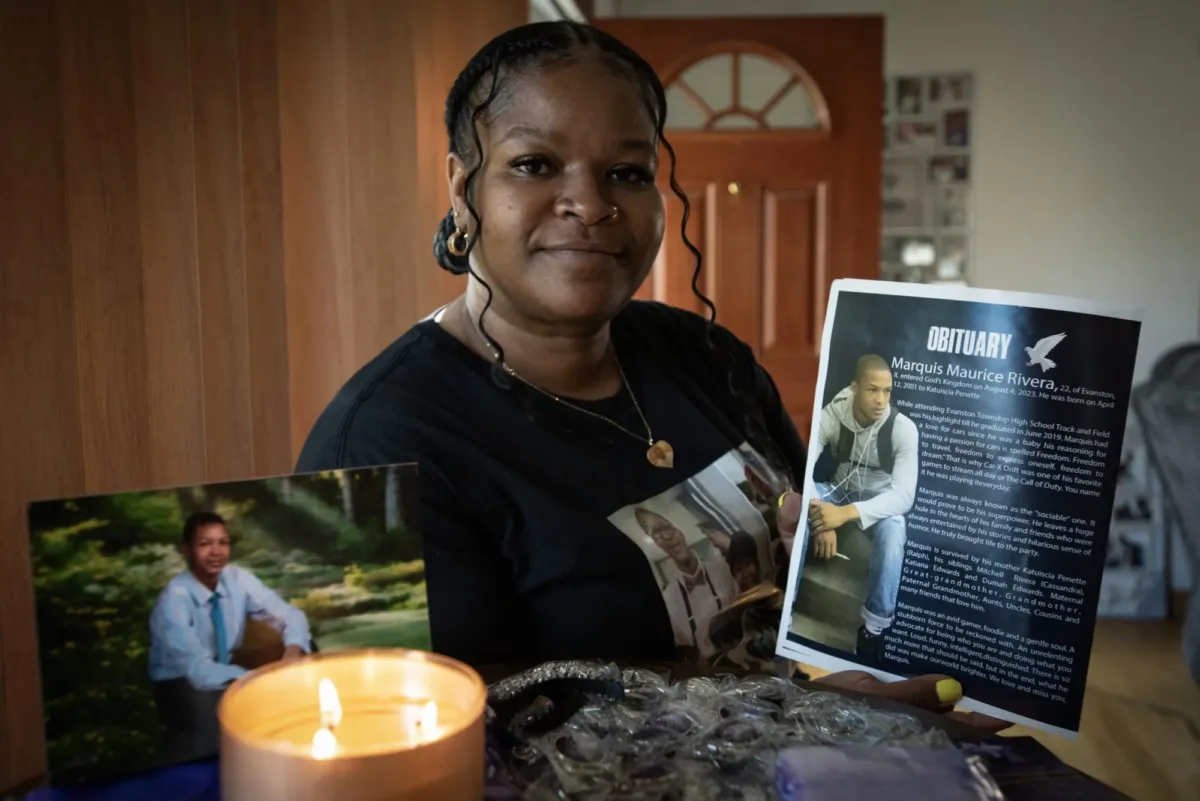
If Mental Health Responders–Not Police–Had Come to Marquis Rivera’s Home, Would He Be Alive Today?
A mother and father – a mental health crisis worker himself – grieve the needless death of their son
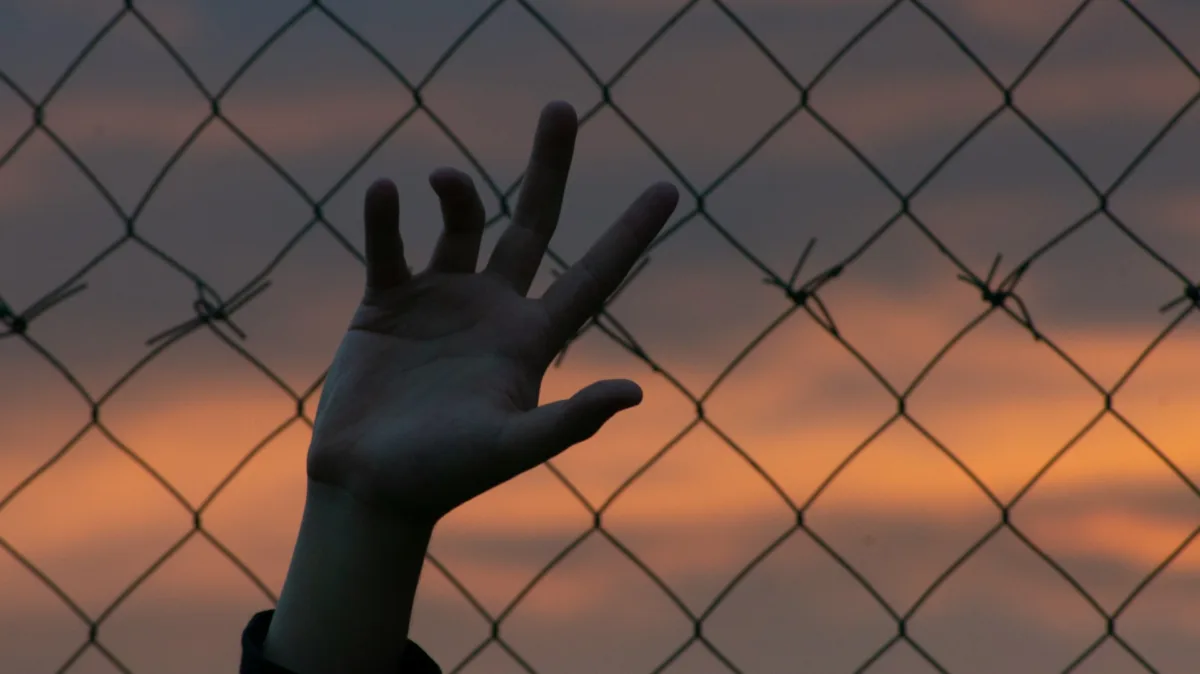
Inside Vermont’s Radical Approach to Helping the Formerly Incarcerated Succeed
State policies nearly everywhere banish those with a sexual offense in their past. Vermont does the opposite by building communities around them—with dramatically positive results.
Incarcerated People Need AC to Combat Extreme Heat. New Climate Funding Could Help.
In total, 44 states lack universal air conditioning requirements in their prisons. A new federal program called the Greenhouse Gas Reduction Fund could help catalyze action.

How Incarcerated People Are Building Political Power in Washington State
Incarcerated people have testified before state lawmakers about legislation that would directly impact their lives, including bills to change the cost of prison communications and rein in extreme sentencing practices and the use of solitary confinement.
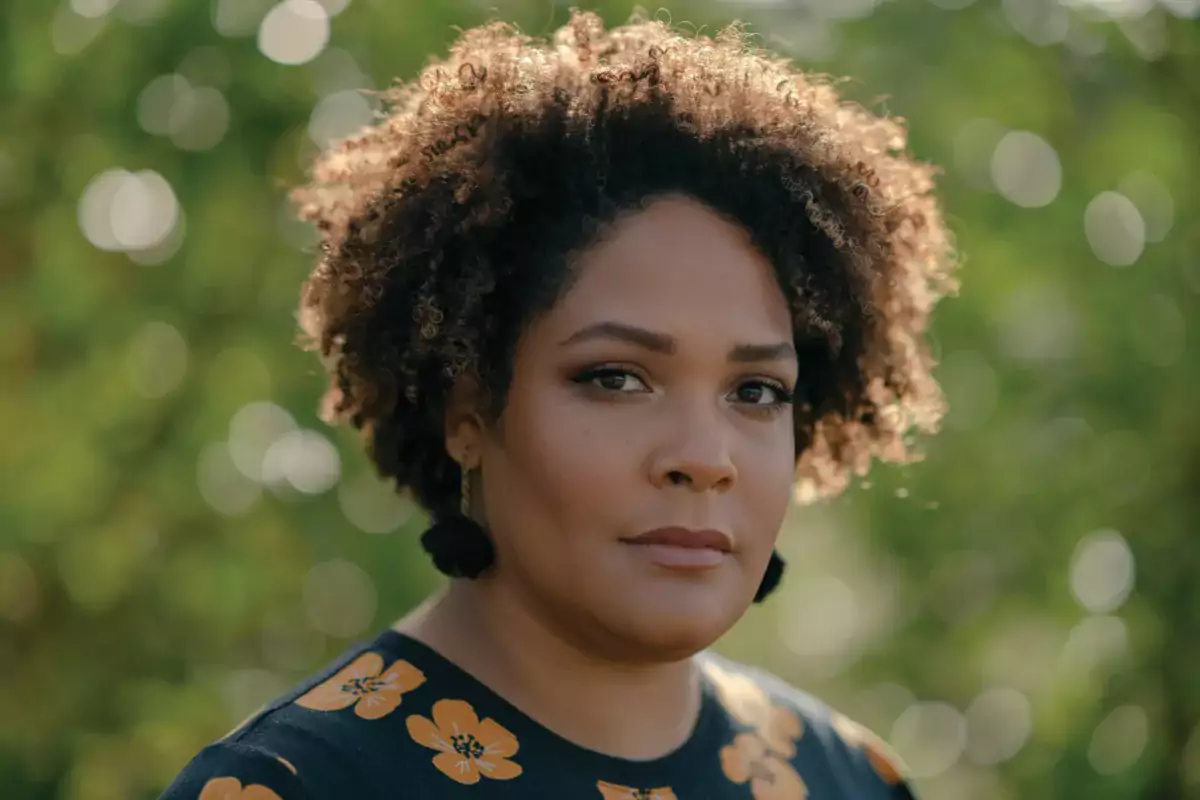
Be a Revolution: How Everyday People Are Fighting Oppression and Changing the World—and How You Can, Too
I realized that I had fallen victim to one of white supremacy’s greatest weapons: the war on imagination.
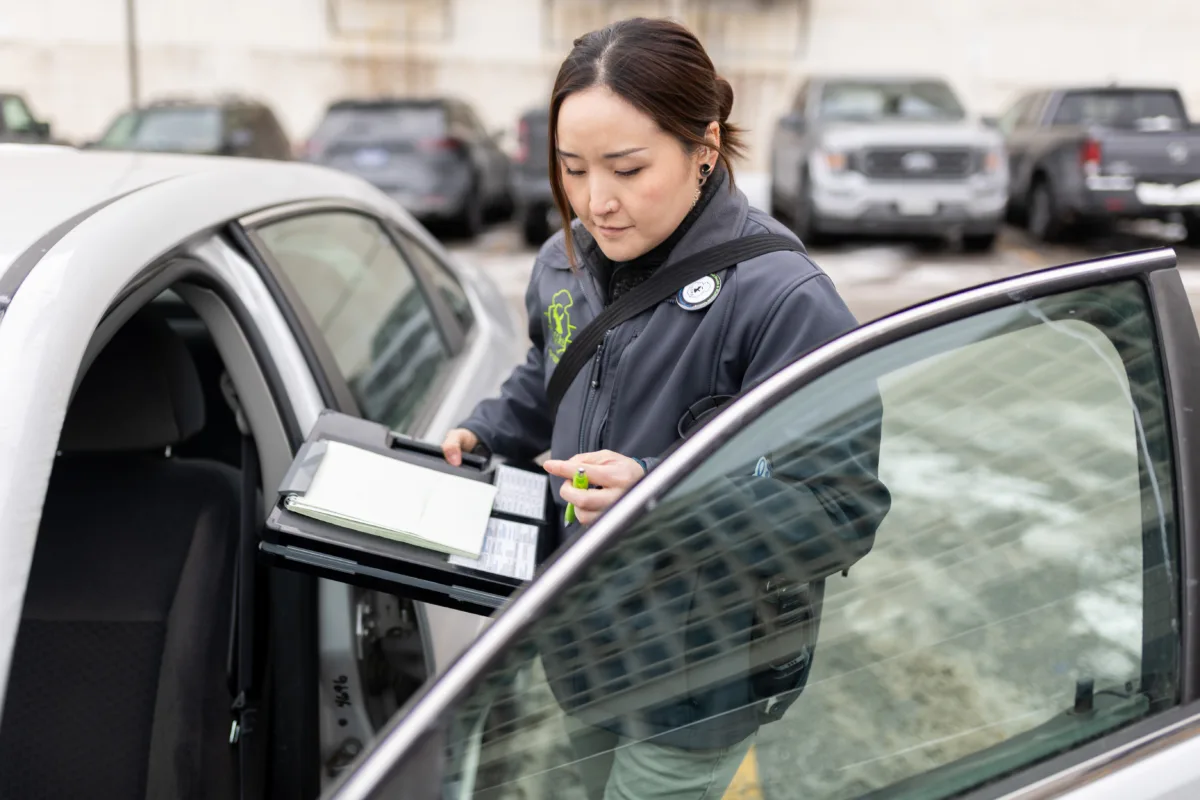
Calling for Frank: Little-Known Police Unit Helps Omahans in Crisis–Including Me
A small unit inside the Omaha Police Department helps to handle the deluge of mental health crises that police grapple with daily.

Non-Police Crisis Response Programs Have Been Working. Here’s How.
After decades of protests over police violence, many cities have created non-police crisis response teams. These unarmed first responders typically answer 911 calls for people having mental health crises. Here’s how they work.
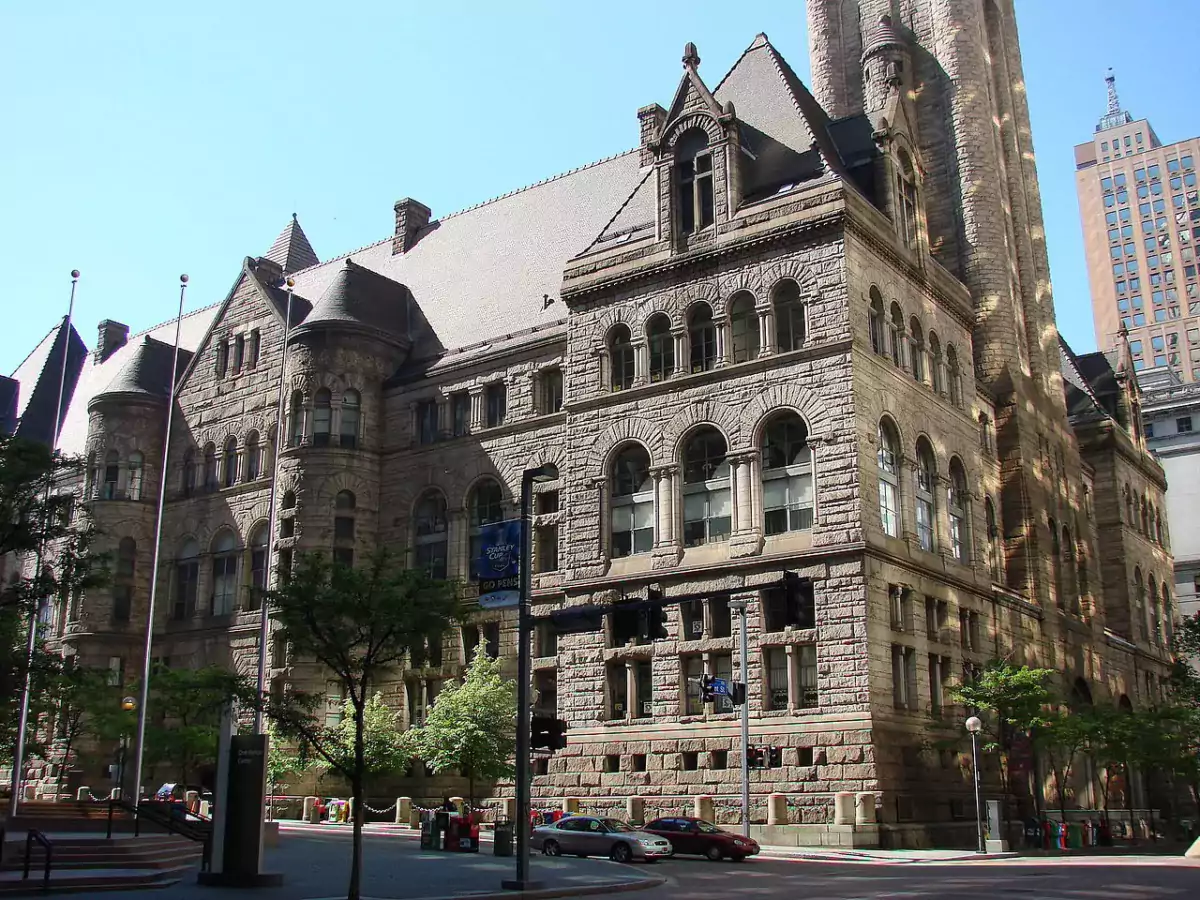
Pittsburgh’s ‘nurturing’ mental health court actually punishes the mentally ill, report says
A new report by the Abolitionist Law Center says that, while pitched as a more humane alternative to criminal court, Allegheny County’s Mental Health Court instead humiliates people with mental illness and feeds them back into jail.
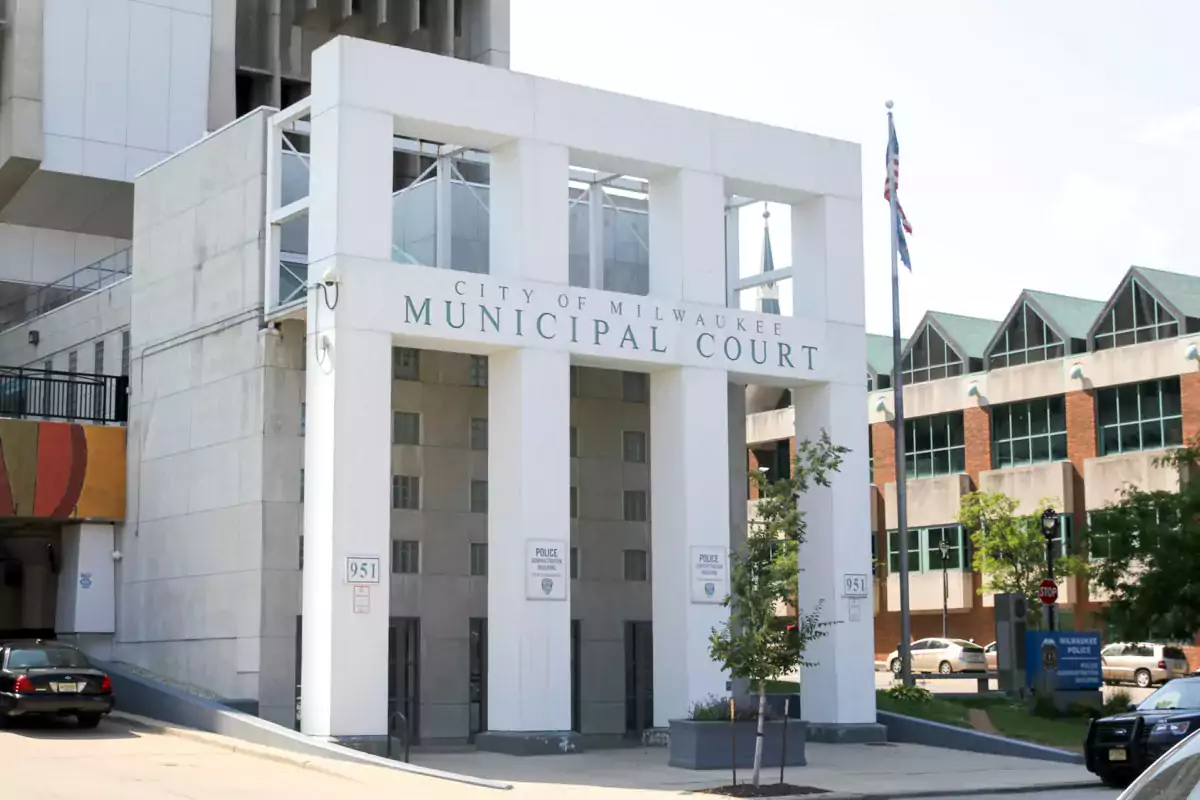
Milwaukee’s Court Diversion Program Continues as City Tries to Cancel Contract
The city of Milwaukee lacks a plan to replace JusticePoint’s incarceration alternatives services if it succeeds in canceling its contract.

New Jersey State Police Sued for Sharing Criminal Records Slated for Expungement
Police are failing to promptly process expungements and continuing to disclose records that should be sealed, according to a lawsuit filed by the state public defender’s office.

Survivor Injustice Asks Us To Reconsider What Justice Looks Like For Crime Victims
This excerpt from Survivor Injustice asks us to reconsider what justice really looks like for crime victims.
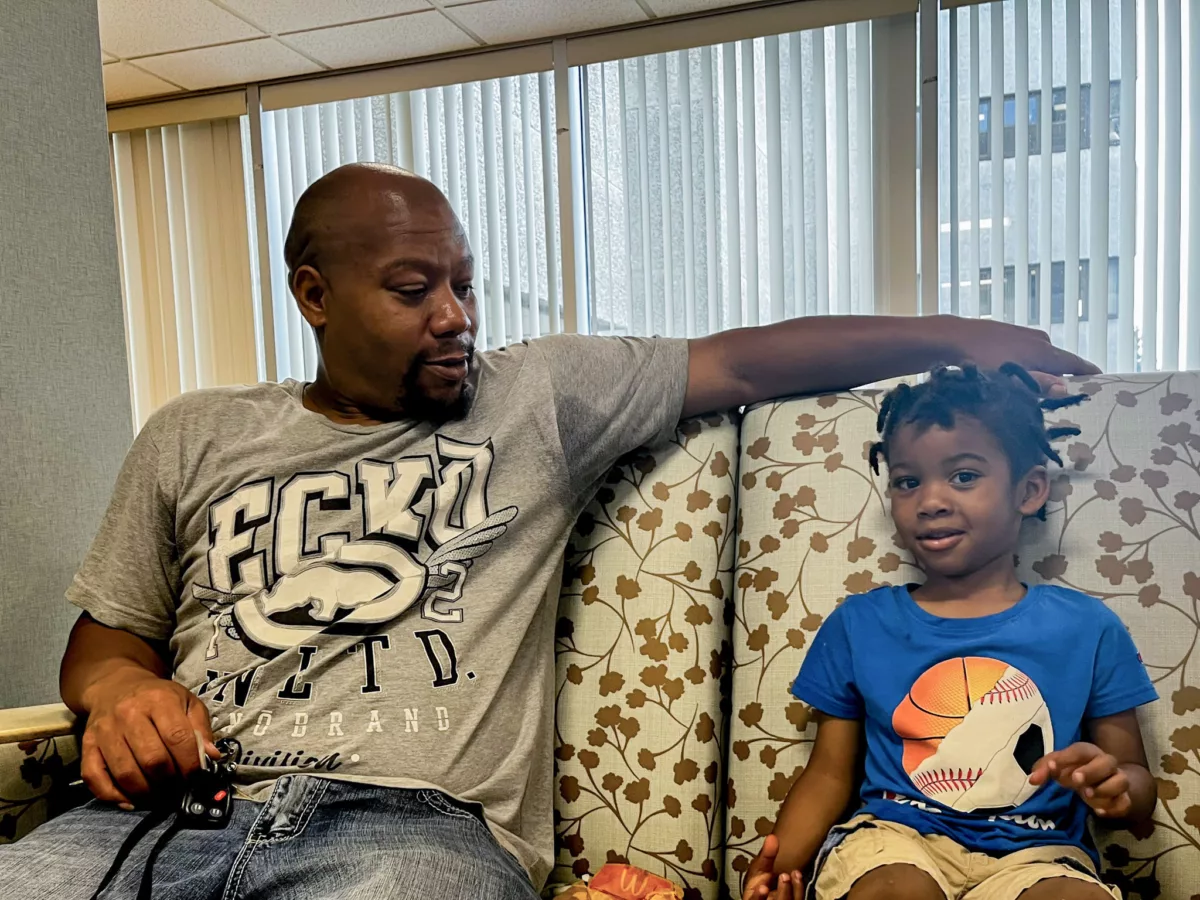
Milwaukee Judges Tried to Shut Down the City’s Court Diversion Program. No One’s Saying Why.
Municipal Court officials refuse to comment on efforts to cancel JusticePoint’s contract without lining up an alternative provider. A legal ruling allows the services to continue—for now.
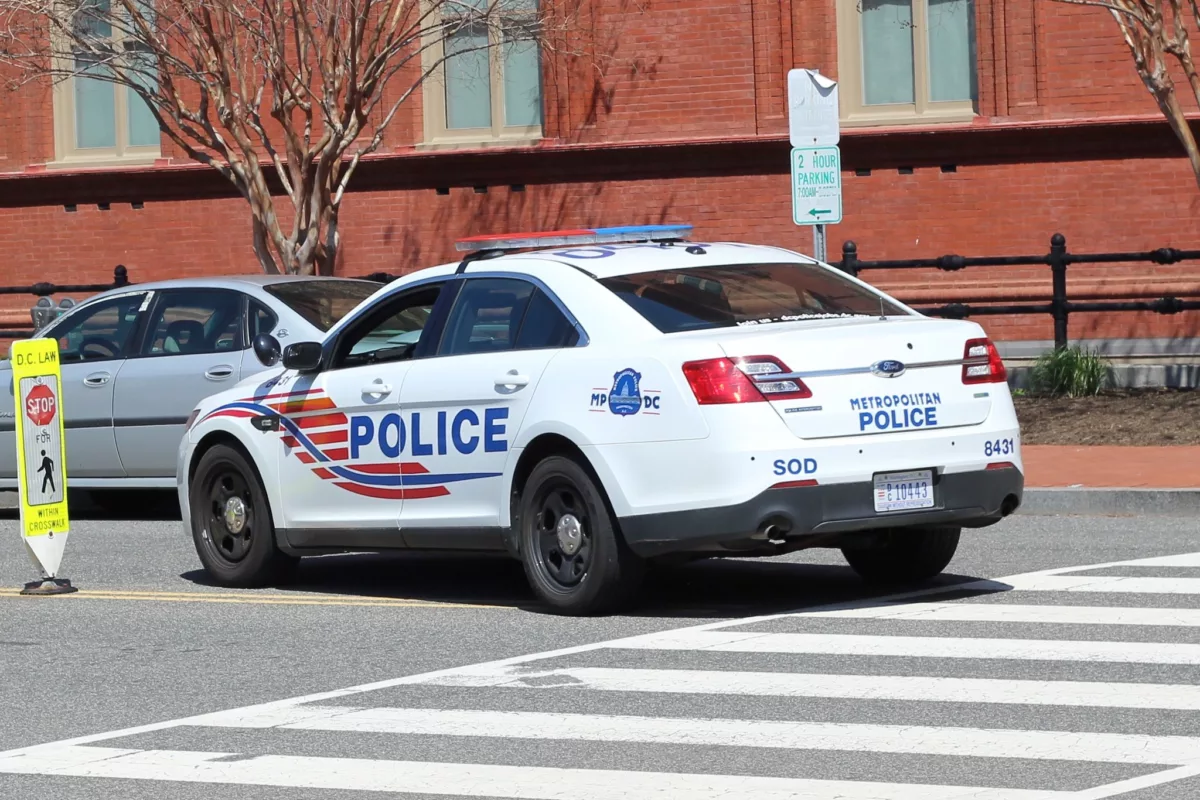
D.C. Violates ADA By Sending Police to Mental Health Crises: ACLU
A new lawsuit alleges that the city is discriminating against people with mental health disabilities by continuing to send armed officers to mental health calls.
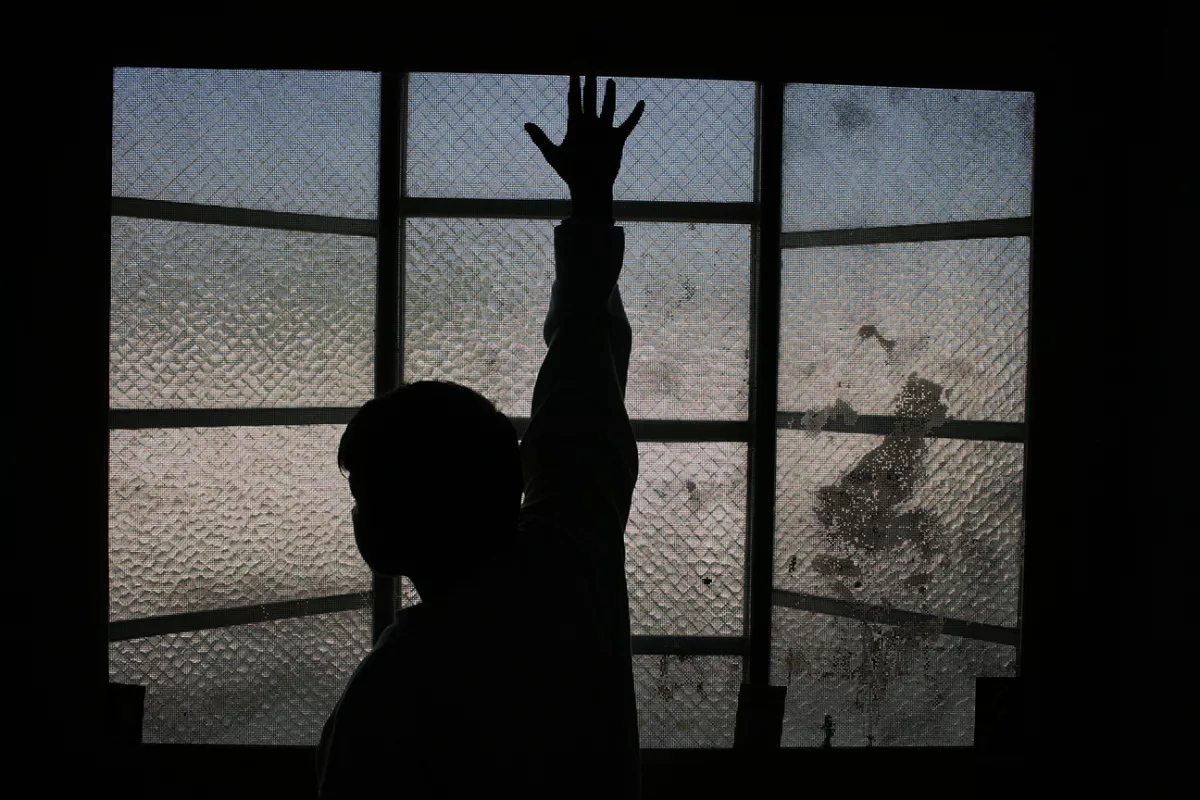
As California Shuts its Youth Prisons, Unlikely Critics Emerge
The third installment in The Imprint’s series on the fight to close California’s youth prisons.
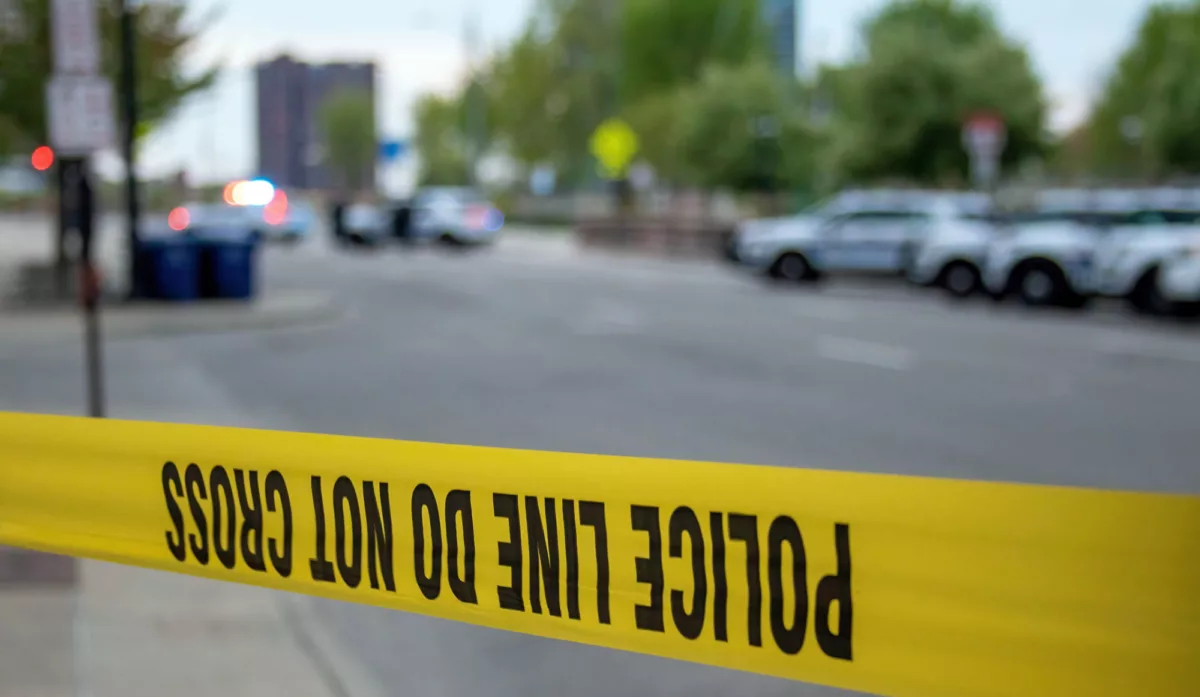
I Was the Victim of a Crime. Then the System Left Me to Fend for Myself.
After a carjacking, I had to navigate a chaotic patchwork of resources in search of support. To heal, I would take recovery into my own hands.
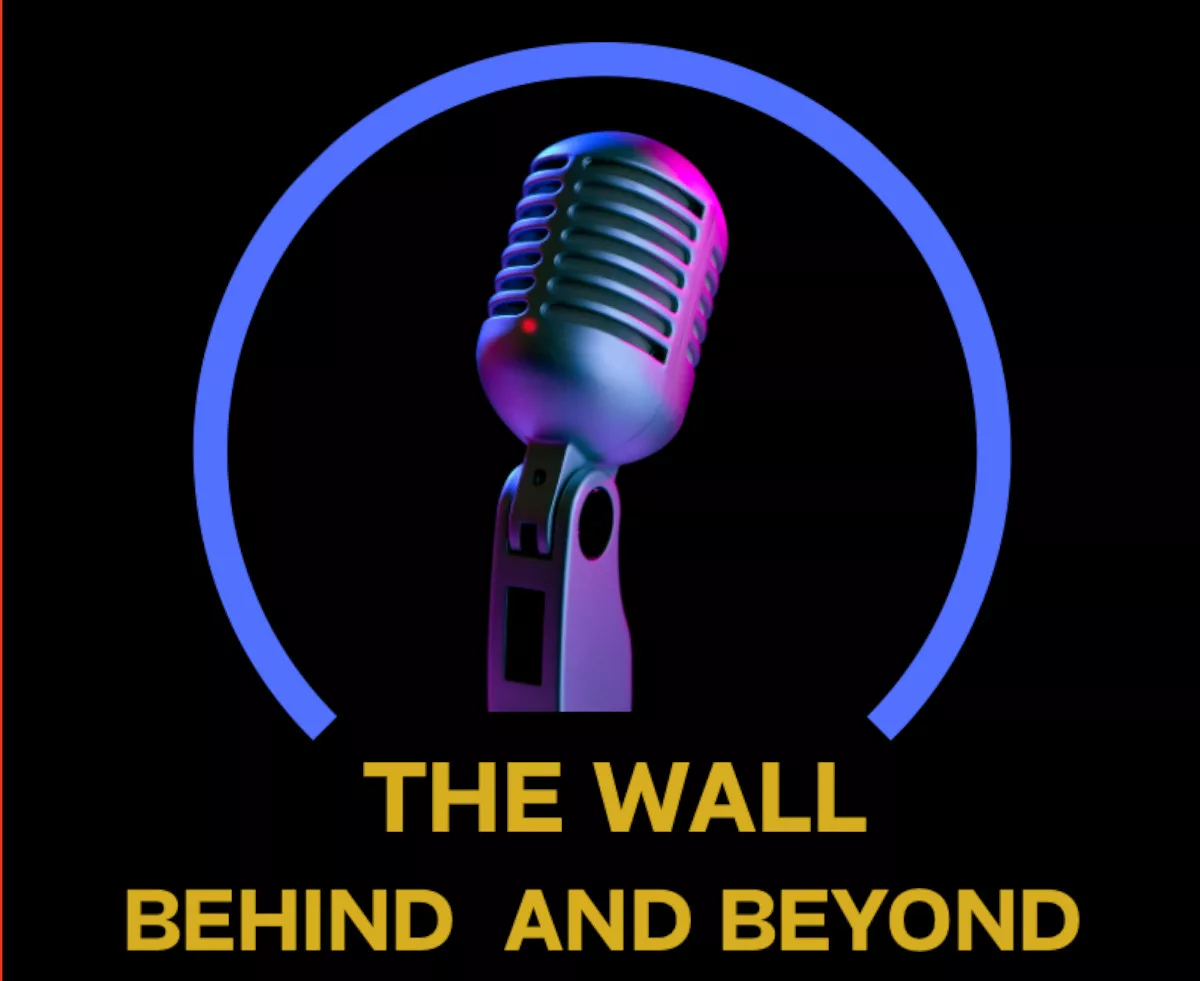
The Appeal Presents: A Conversation on Open Prisons With Phillip A. Jones and David Shipley
David Shipley tells Phillip A. Jones, who has spent more than 30 years in U.S. prisons, about his experiences in a British “open prison.”
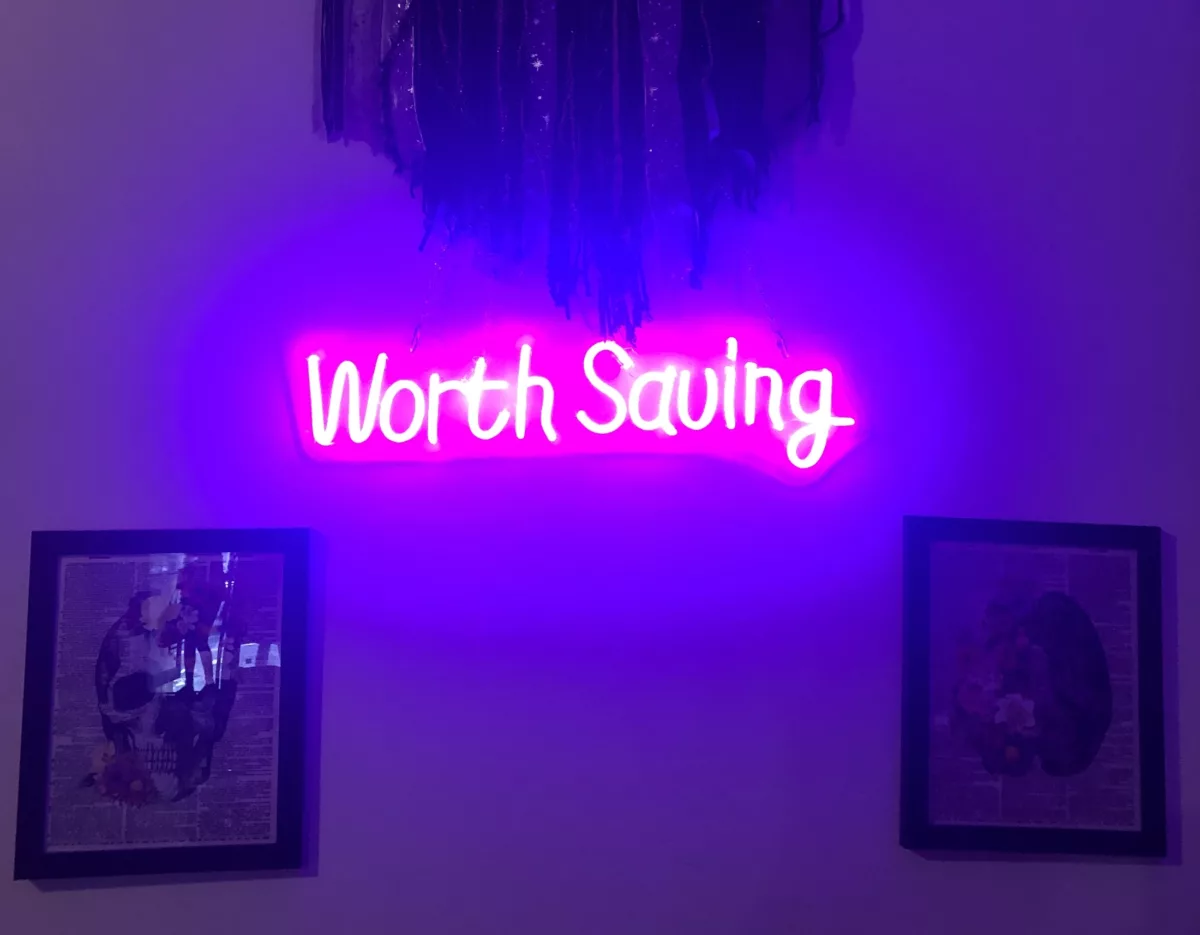
Drug War Tactics Won’t Stop Xylazine Deaths
Instead, harm reduction advocates are calling for strategy to create a safer supply of currently criminalized drugs.
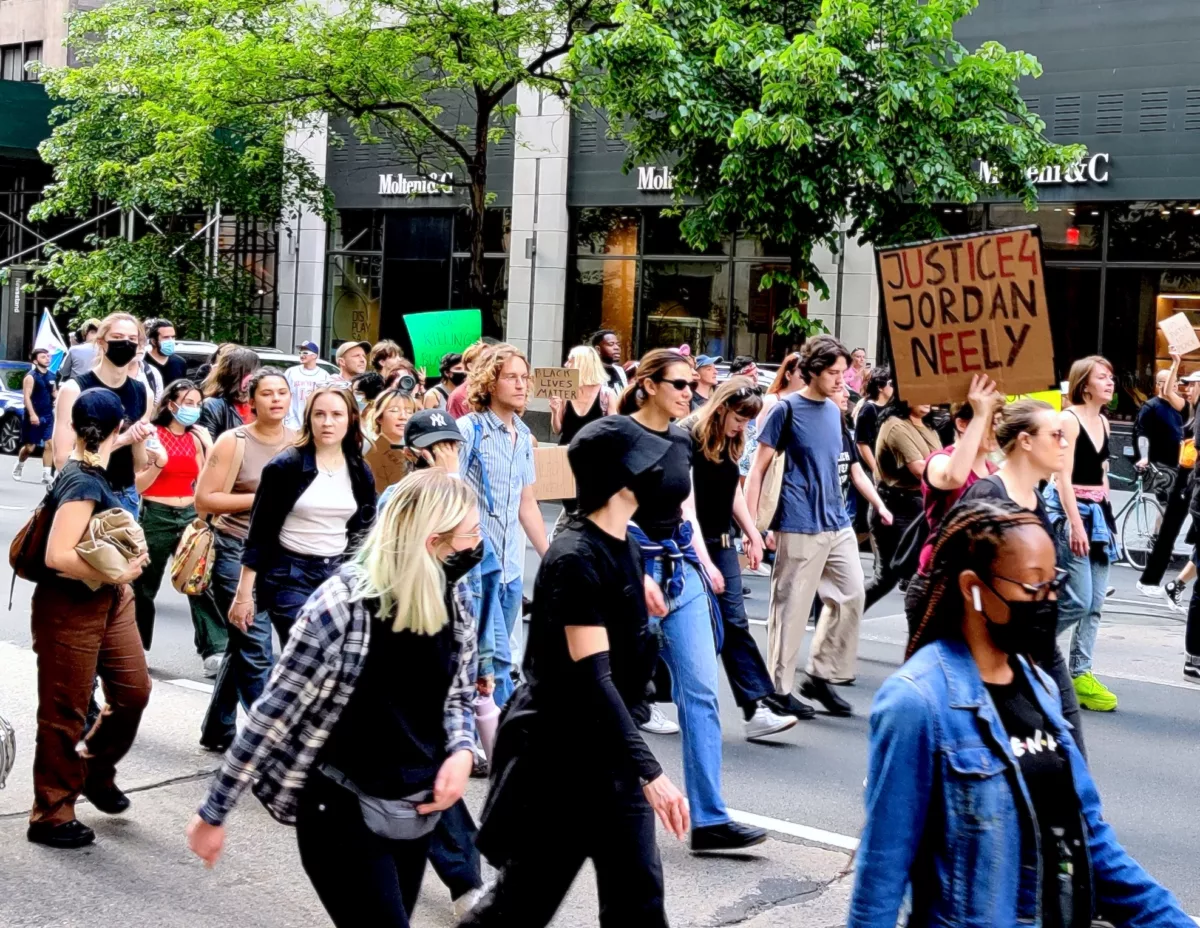
‘Justice for Jordan Neely’ Means Investing in Housing, Social Services
Neely’s killing is once again a reminder that carceral approaches to homelessness reproduce, rather than ameliorate, poverty.
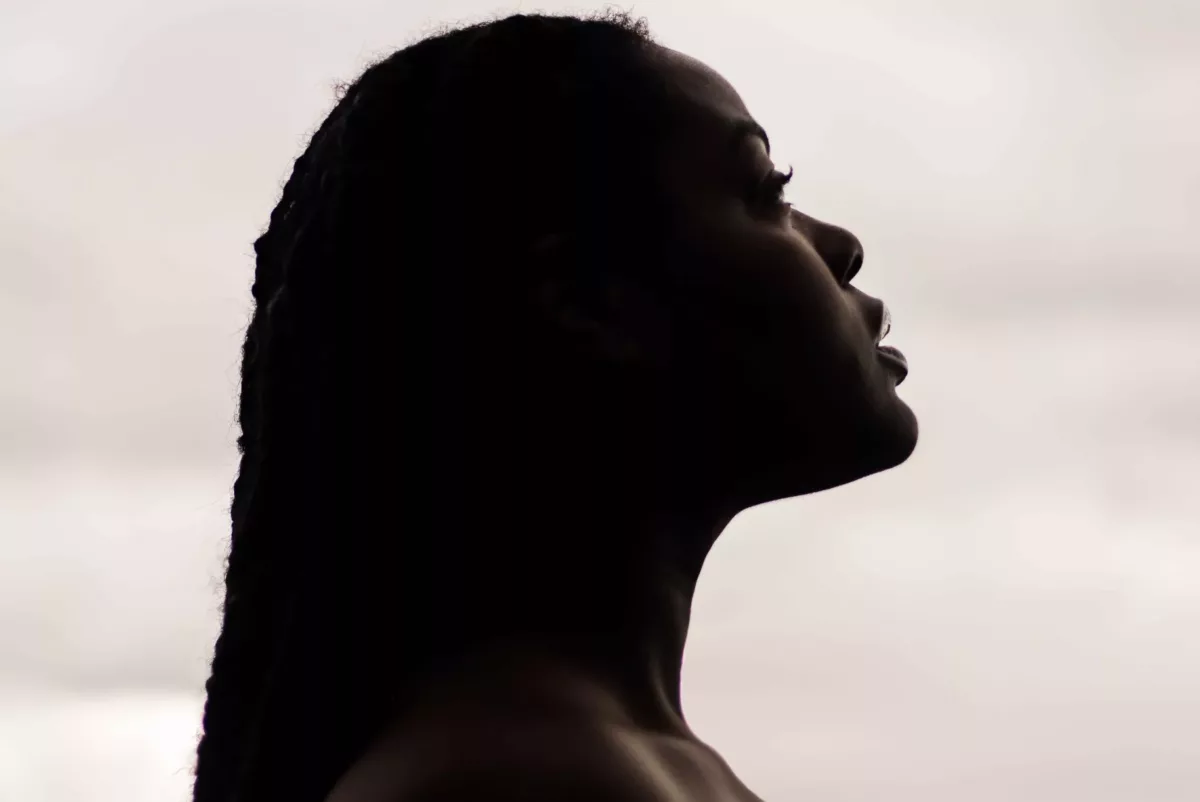
To Help Crime Victims, Stop the Cycle of Trauma
Our legal system focuses on punishing those who cause harm without considering what victims need, a former prosecutor writes.
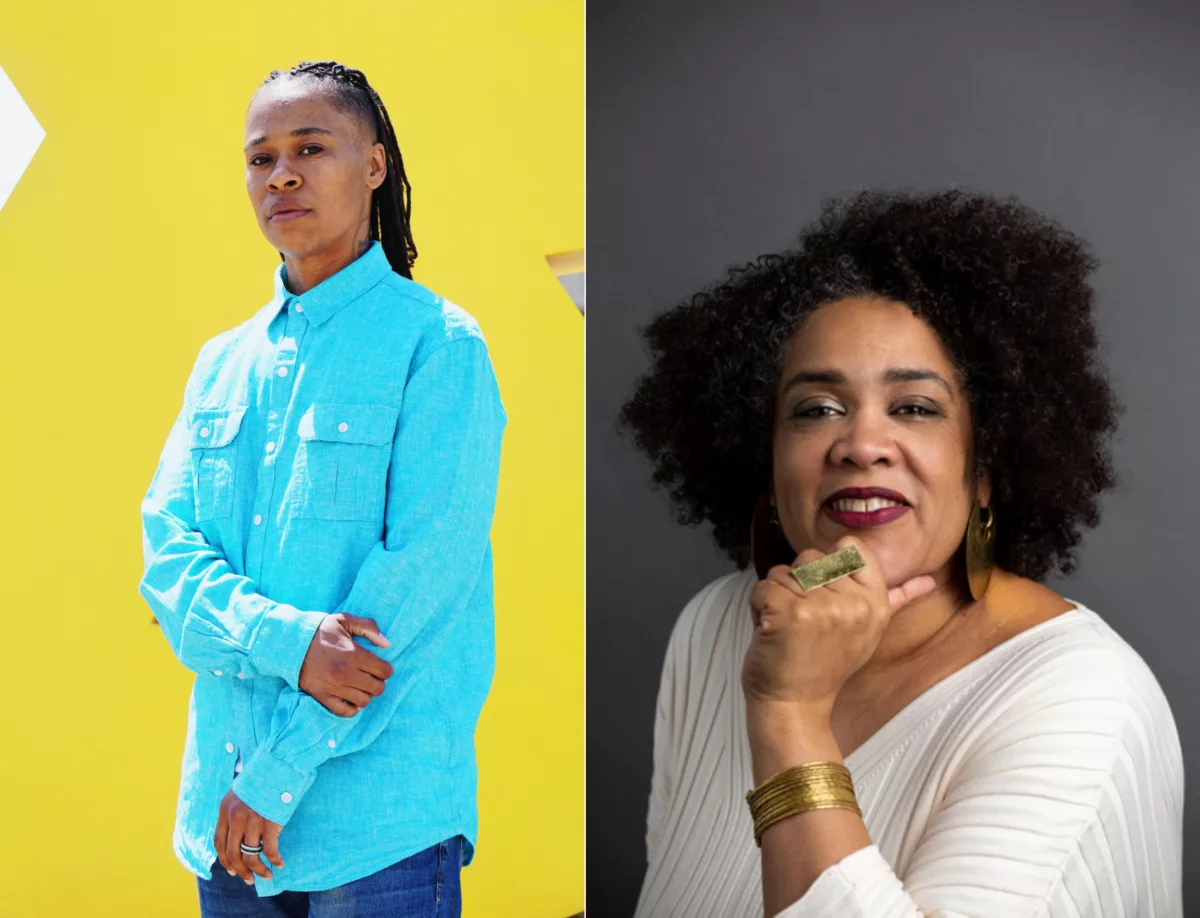
Dreaming at the Crossroads of Liberation, Collective Care, and Safety
In Healing Justice Lineages, Cara Page and Erica Woodland document a history of care models that don’t involve the prison industrial complex.
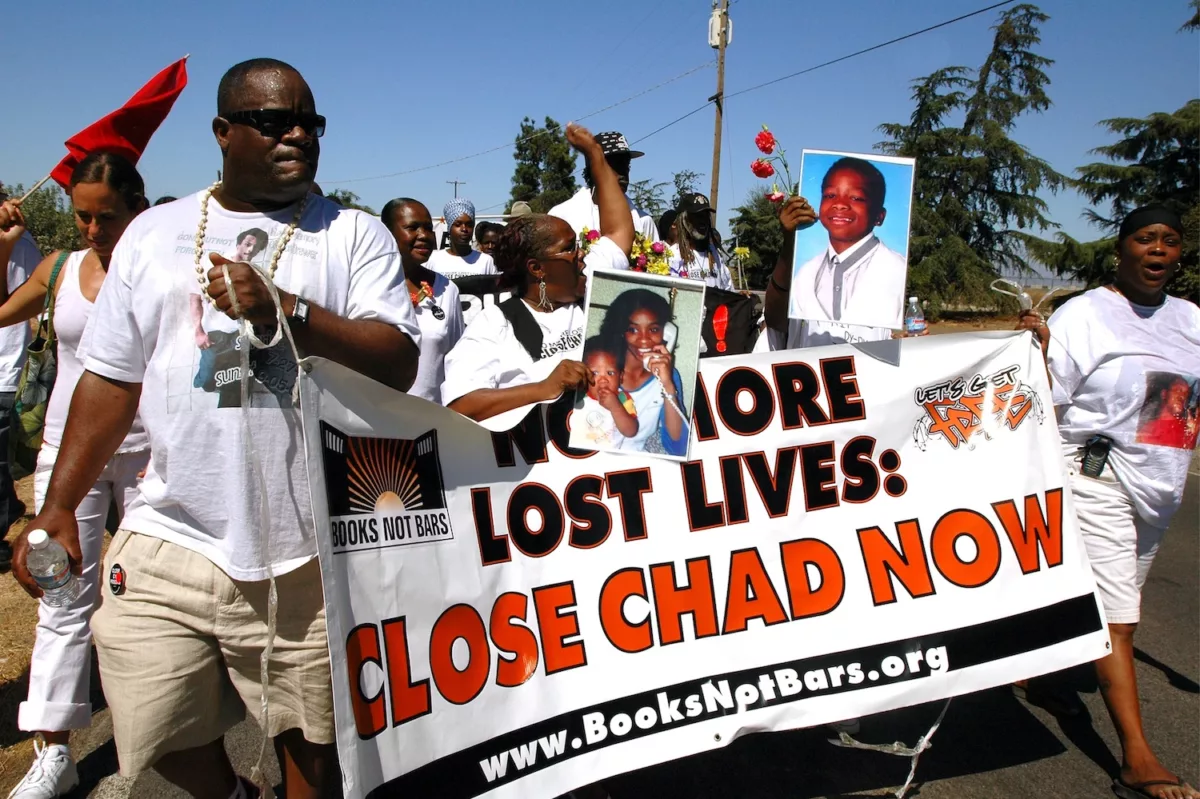
The Untold Story of How a Stubborn Group of Parents Helped Shutter the Nation’s Largest Youth Prison System
How a scrappy group of parents played a key but lesser-known role in the pending closure of the Division of Juvenile Justice
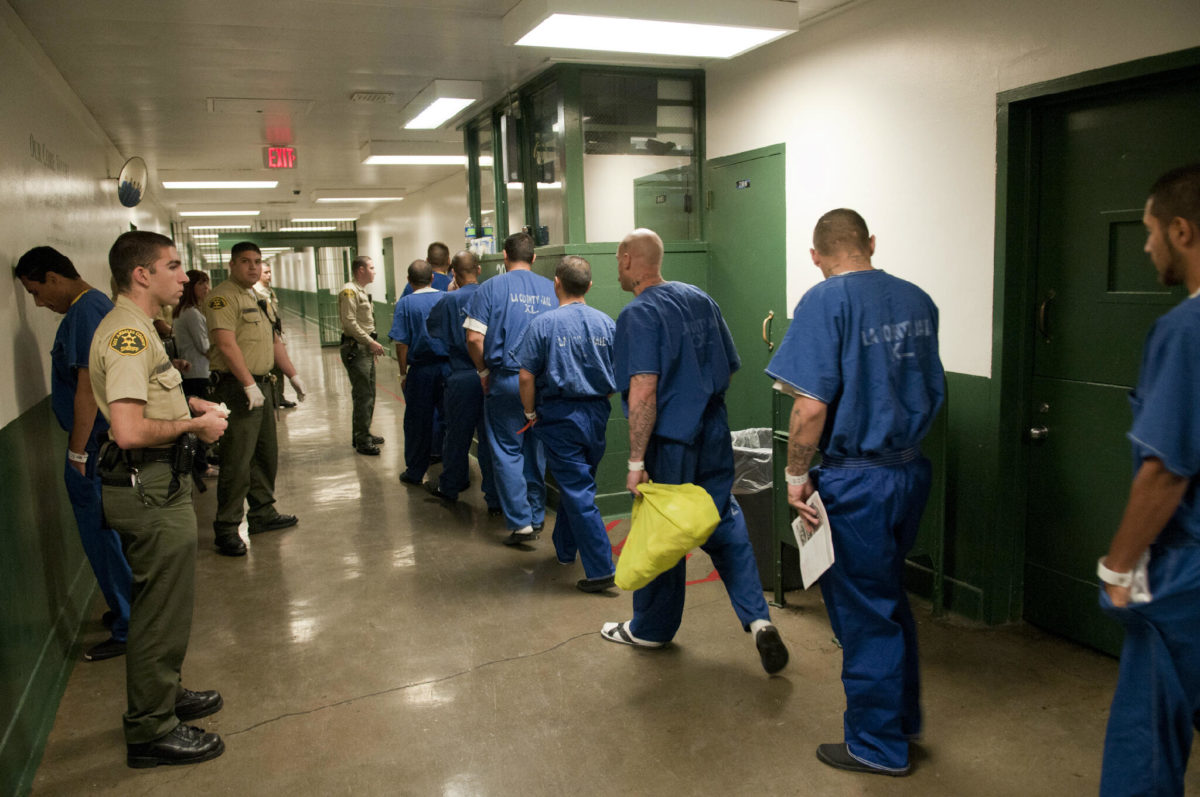
LA is Locking Up More Mentally Ill People, Despite Diversion Efforts
In 2015, Los Angeles County created a program to reduce the number of mentally ill people trapped in jail. But since then, the number of people with mental illness incarcerated in LA has instead increased significantly.

Mass incarceration is slavery. Abolition is a vision for the future.
No system designed to make money by subjugating people intends to rid us of those harms. Abolition is a vision for the future.
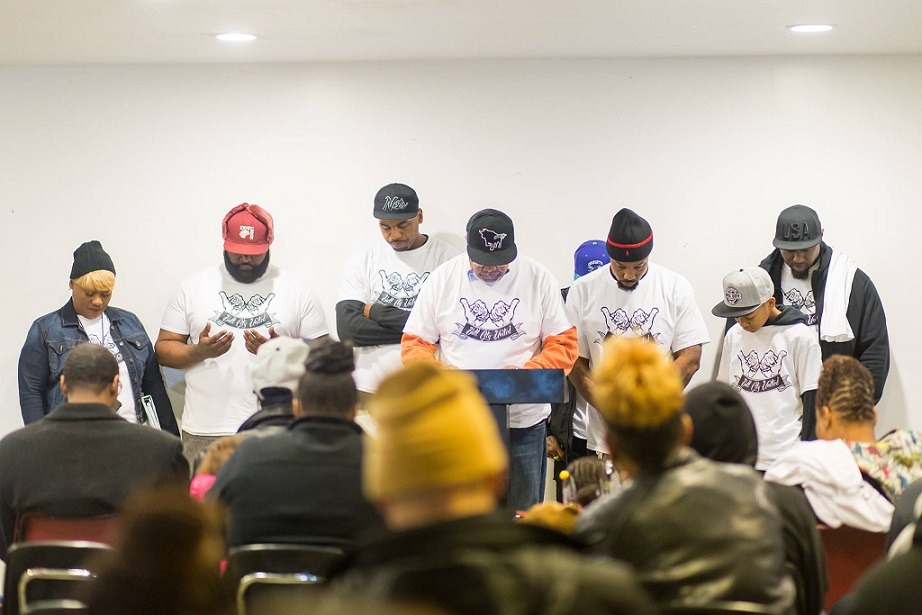
What Happens When Community Violence Intervention Gets the Support It Needs to Thrive?
As cities look to make new investments in non-police responses to gun violence, the Bull City United program in Durham, North Carolina, shows the importance of stable funding and sustained commitment.
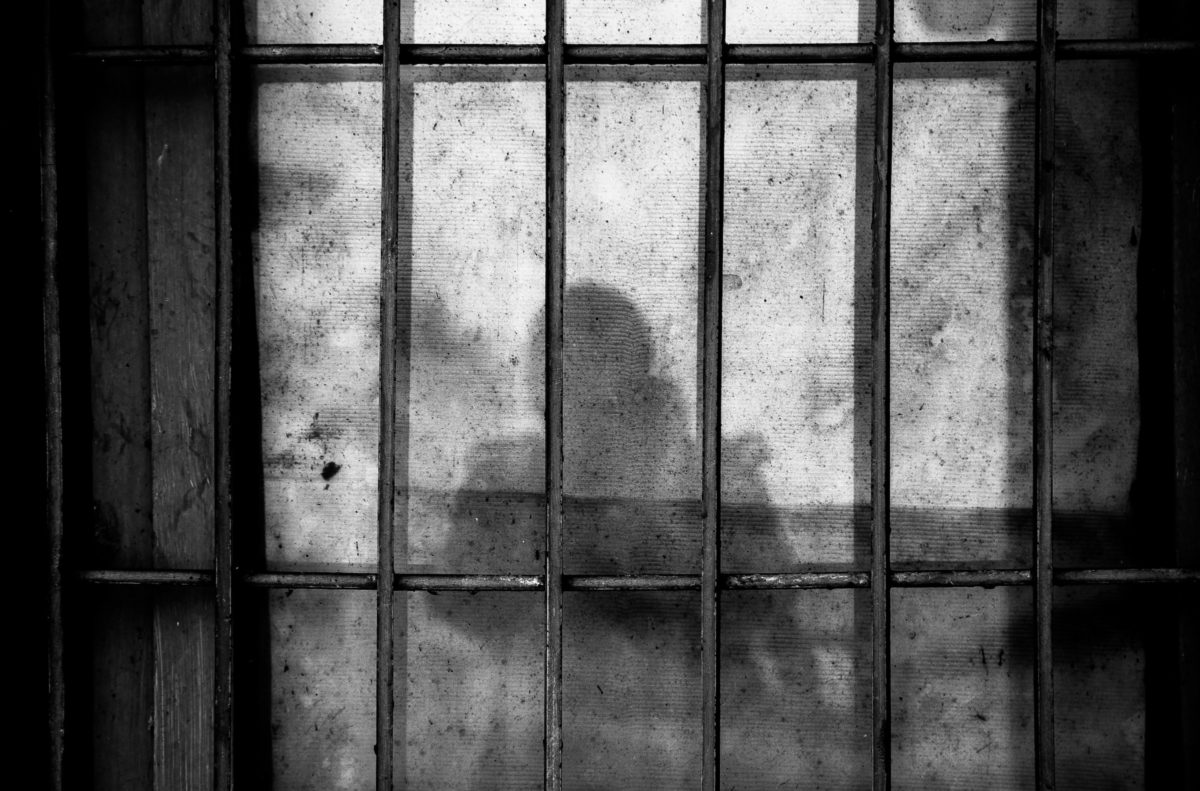
The Criminal System is Full of People With Psychopathy. It Fails to Help Them.
An associate professor of psychology and a clinical lecturer in law at Yale explain how they’ve seen the criminal legal system treat psychopathy as a moral failing—instead of a treatable mental illness.
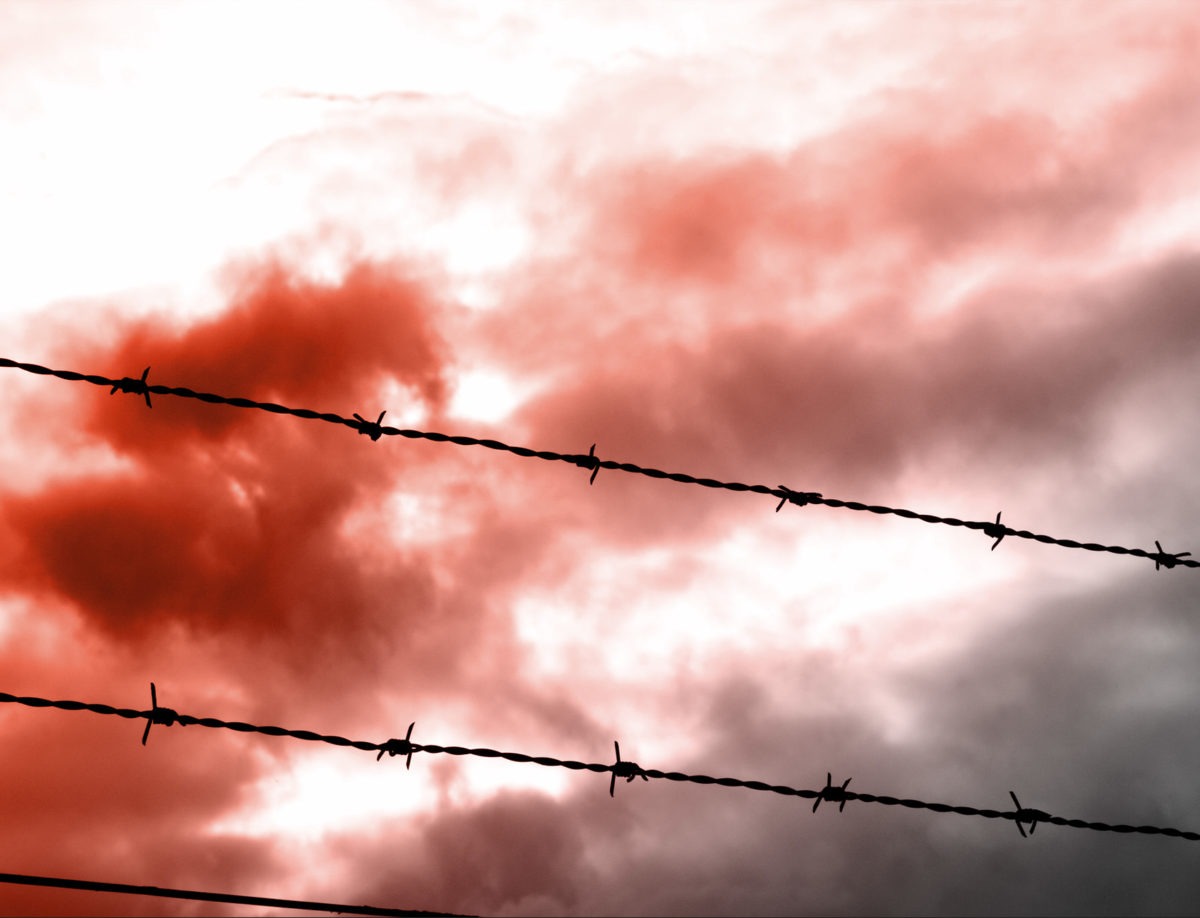
Some Good News and Ways to Give Back
For millions of families, this time of year is yet another reminder of all that is missed when a loved one is incarcerated
